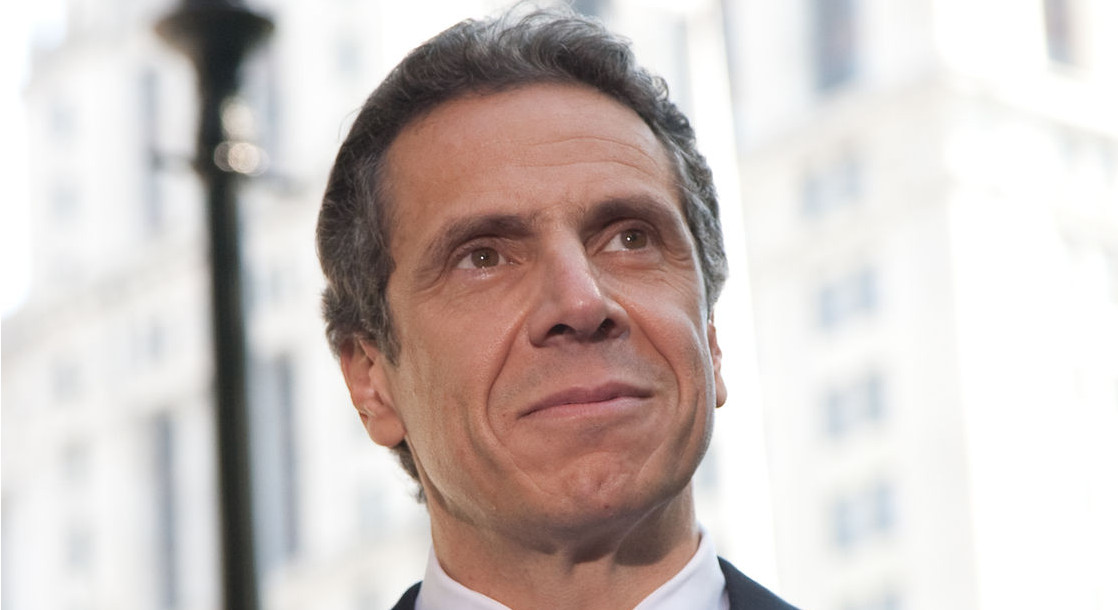In an effort to ensure that New York becomes one of the leading hemp producers in the United States, Governor Andrew Cuomo has signed a piece of legislation that will make this versatile plant a major part of the state’s agricultural trade.
During a signing ceremony this week at Cornell University, Cuomo inked his support for the industrial hemp industry, putting $10 million toward the future of the hemp production in the Empire State.
The governor told those in attendance that the new law would “drive the economy and create jobs.”
“One of the main economic engines of this state is agriculture, and we want to be at the cutting edge of agricultural development for the economy,” Cuomo said, according to the Ithaca Journal.
“We believe that hemp production has tremendous economic advantages for whatever state is the first to really grow that market,” he added.
The bill, which was brought to the table by state Senator Tom O'Mara and Assemblywoman Donna Lupardo, was designed to foster a program that focuses on hemp production and research.
The State Department of Agriculture says it will import more than 50,000 pounds of hemp seed from that it will plant on up to 2,000 acres.
Eventually, around 20,000 acres of industrial hemp will be cultivated across the state, making New York the largest producer in the country. The state hopes to achieve this within the next five years.
“We believe this is an exciting economic opportunity for our farmers and the important agricultural sector, which has a wide application potential given the size of our state’s farms and growing conditions,” said State Agricultural Commissioner Richard Ball. “In our new New York economy, our state must lead in developing new markets in all areas, including agriculture.”
Although hemp is used in the production of countless items, including food, fuel and clothing, the United States government has considered this non-intoxicating cousin of the cannabis plant an outlaw substance for decades. Still, while the nation’s farmers have been prohibited from growing hemp, the country continues to import around $300 million of it every year.
In 2014, however, some of the restrictions surrounding hemp cultivation were lifted through a federal farm bill. Now, industrial hemp can be grown for research purposes under state supervision.
There is hope that this action will bring the farming community back to life.
"It has the potential to put a lot of farms back to positive use,” Assemblywoman Lupardo told WBGN News 12.











